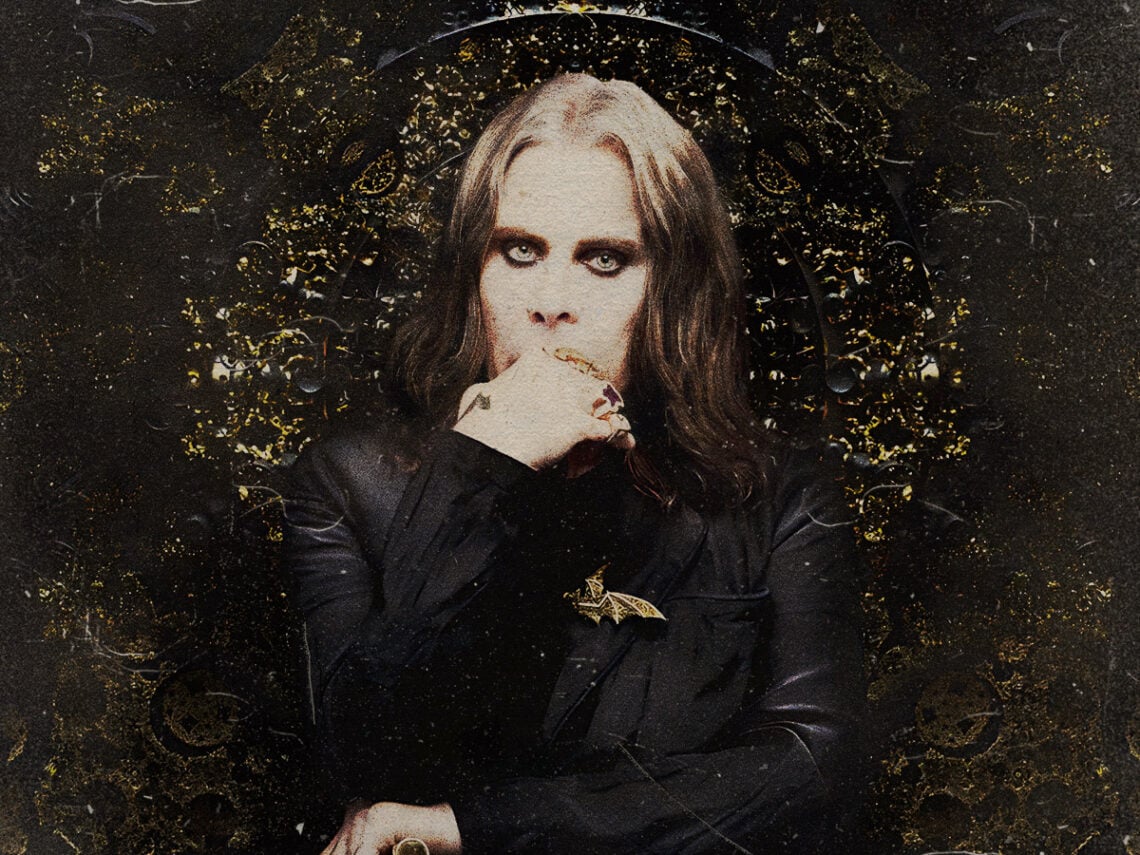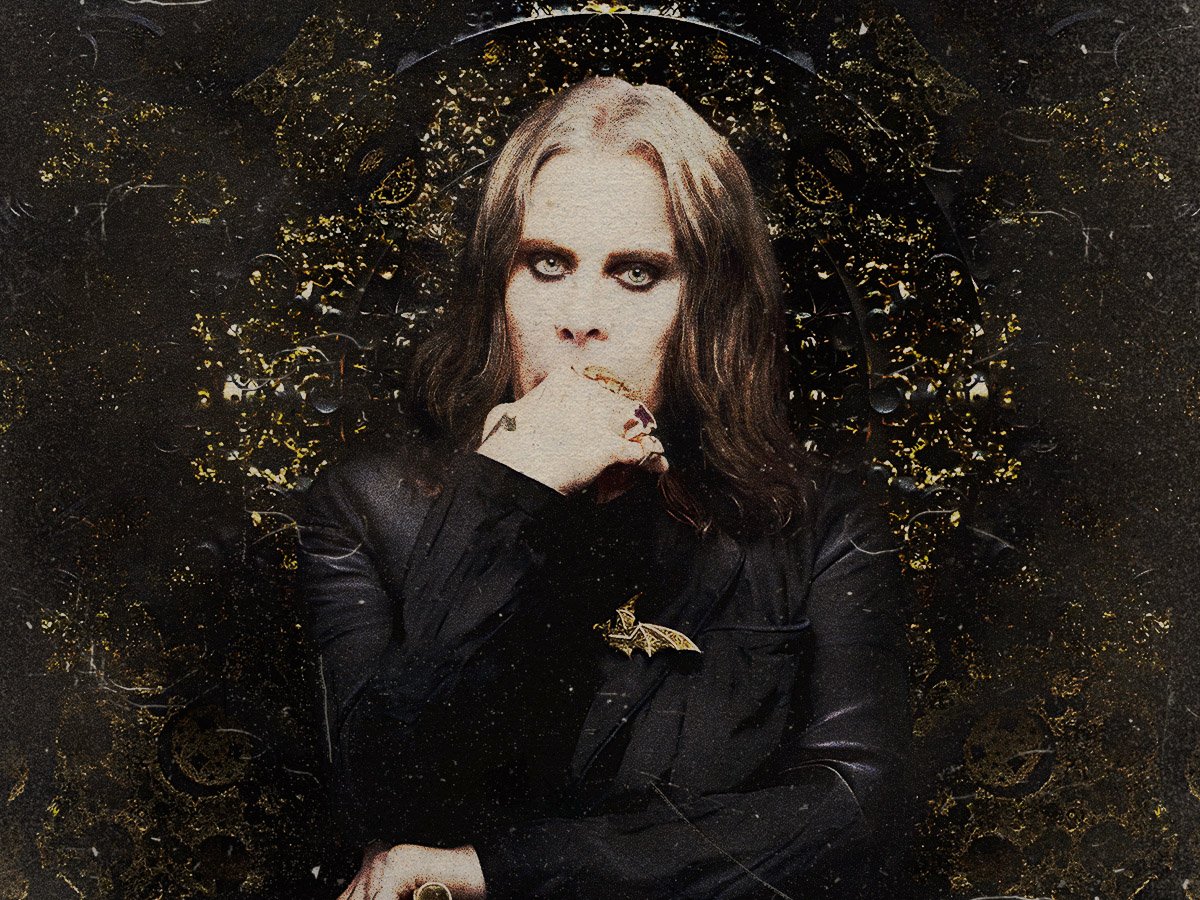
(Credits: Far Out / Tidal)
Sat 18 October 2025 21:30, UK
Jack Osbourne recently described his father as the most “deliberate” person you could ever meet. It seems prophetic, therefore, that Ozzy Osbourne once enlisted Randy Rhoads before he’d even given him a chance to play.
“When I did go down, there were all these guys with Marshall stacks,” Rhoads once recalled. “I brought along a tiny practice amp. I started tuning up and Ozzy said, ‘You’ve got the gig,’ I didn’t even get to play! I had the weirdest feeling because I thought ‘He didn’t even hear me yet.”‘
Rhoads didn’t just make Black Sabbath better; he made Osbourne better, too. Osbourne had this energy around Rhoads, this raw charm that only ever really came from being with someone else with whom you had such obvious chemistry. Rhoads was just 22 when he joined the metal circus, which was reason enough for people to be slightly sceptical about his capabilities among such well-established players.
But Rhoads didn’t just have the skill set to wow whoever was his audience at any given moment; he also had the desire to keep it fresh every single time. Which often meant that whatever he did in the studio or during rehearsal wasn’t the same as whatever he chose to do up on stage. As you can imagine, someone like Osbourne thrived on that kind of unpredictability, and it only brought out the menace in him more ferociously to be around someone with just as much of a knack for primal urges.
According to Rhoads’ sister, Kathy, Osbourne had a way with words when it came to describing the genius of Rhoads. “Ozzy once said Randy was somebody that comes to this planet and bursts off like a shooting star,” Kathy once told Guitar Player, going on to explain that he never played the same lick twice and always preferred to approach the stage like it was his own personal creative outlet.
But Osbourne knew long before these shining moments just how much of a gem he actually was. People had their reservations, but seeing him in the flesh was enough to dispel all suspicions that he wasn’t cut out for the job. As Kathy observed, “When he recorded those albums, he was 21 or 22. He triple-tracked his solos. Ozzy told him, ‘Nobody can do that!’ Well, Randy could. That was just the genius of Randy.”
Double-tracking is the most common approach for lead and rhythm guitars as it gives it a fuller sound. The more nuanced and intricate the player, like Rhoads, the less likely they are to opt for conventional approaches. Given that he was adamant about triple-tracking, this proved just how meticulous and deliberate he was, too. It’s probable, though, that Rhoads felt free from the constraints of having to ever repeat himself if something got too technical, especially given how much he switched things up whenever he took his work to the stage.
Osbourne clearly saw genius in everything he did, even in moments when he lacked consistency. It was that palpable energy he took everywhere, in songs like ‘Crazy Train’, when even after the umteenth listen, you’re almost still waiting for something new to happen. Most of this magic comes from Osbourne’s delivery on its own, but part of that no doubt came from that foundational Rhoads-inspired chemistry that made it feel raw no matter what.
Related Topics
